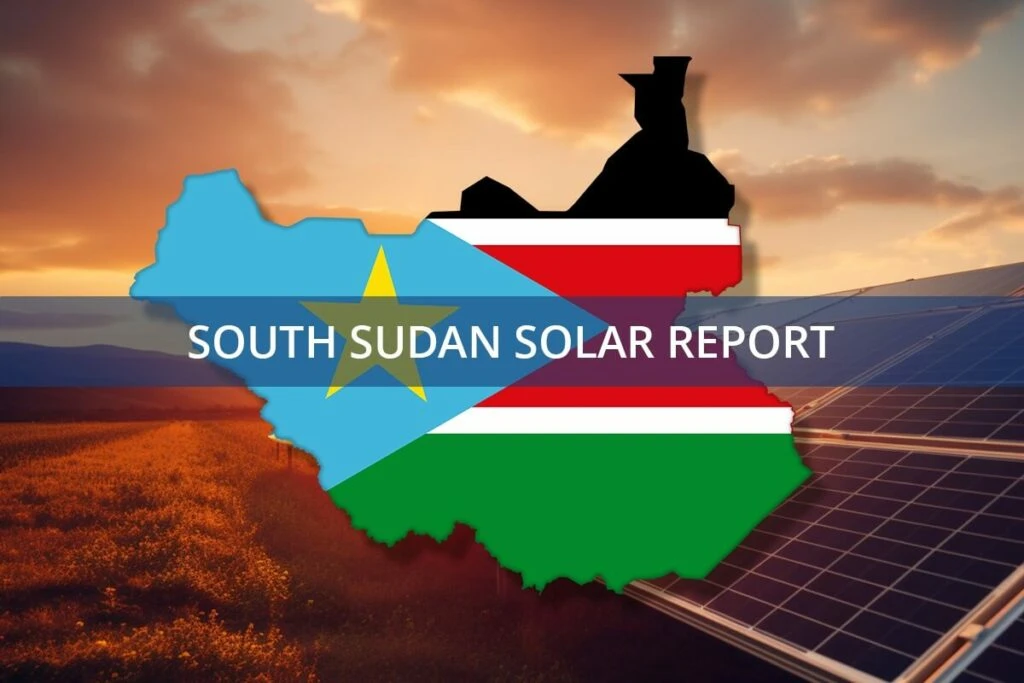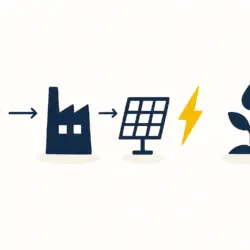Practical Action is transforming agriculture in Sudan’s Kassala and Gedarif states, providing solar panels to boost productivity and reduce environmental impact for local communities. This initiative is a key part of the Solar 4 Agriculture for Refugees and Host Communities project, designed to support farming in areas with large refugee populations through clean, sustainable energy solutions.
Solar Panels Sudan: Transforming Agriculture with Clean Energy
In Sudan’s Kassala and Gedarif states, solar panels introduced by Practical Action are revolutionizing agricultural practices. Many farmers in these areas, including refugees and host communities, rely heavily on farming as their primary source of income. However, the high cost of diesel and environmental concerns have made traditional farming methods increasingly difficult to sustain.
Practical Action has implemented the Solar 4 Agriculture for Refugees and Host Communities project, an initiative replacing diesel-powered water pumps with solar-powered systems. The project provides farmers with solar panels, water tanks, and irrigation networks to improve their access to water. It operates on an affordable pay-as-you-go scheme, making modern technology accessible to more farmers.
By using solar energy, farmers can significantly reduce their dependence on expensive fuel and minimize their environmental footprint. The solar-powered pumps ensure a reliable supply of water for irrigation, even in areas with scarce rainfall. This technology empowers farmers to plant multiple crops per year, which in turn increases their yields and incomes. For more insights into solar energy advancements in the region, visit Sudan Solar News.
Expanding Agricultural Opportunities with Solar Panels Sudan
The project is already having a positive impact on many refugees and local farmers. For instance, a group of refugee women in the Um Rakuba camp received support to cultivate a 20-acre plot of land. The solar-powered irrigation system allows them to grow crops throughout the year. As a result, these women have been able to earn a steady income and improve their living conditions.
The Solar 4 Agriculture project aims to reach 6,000 refugees and host community members. By providing sustainable energy solutions, the initiative helps create jobs and promote economic stability in areas affected by conflict and displacement. This approach is crucial for building resilience and ensuring food security in the region.
Overcoming Challenges in Solar Panels Sudan Adoption
Despite its success, the project faces challenges due to ongoing violence and instability in Sudan. The conflict has disrupted supply chains and made it difficult to access some areas. Nevertheless, Practical Action remains committed to supporting vulnerable communities.
The organization collaborates with local partners to expand the use of solar energy in agriculture. By training farmers and providing the necessary equipment, Practical Action aims to make solar-powered irrigation a common practice in Sudan’s farming communities. You can learn more about similar initiatives in neighboring regions by exploring South Sudan Solar Panel Manufacturing.
The Solar 4 Agriculture project represents a crucial step toward achieving sustainable development in Sudan. By reducing reliance on fossil fuels and promoting renewable energy, the initiative helps mitigate the effects of climate change while supporting the livelihoods of thousands of people.
Solar Panels Sudan: A Model for Sustainable Development
The Solar 4 Agriculture project serves as a model for other regions facing similar challenges. By integrating renewable energy into agriculture, it demonstrates how innovation can solve pressing issues like food insecurity and environmental degradation.
As the project expands, it will play a vital role in improving the lives of refugees and host communities in Sudan. By providing clean energy solutions, Practical Action is helping to build a more sustainable and resilient future for all.



